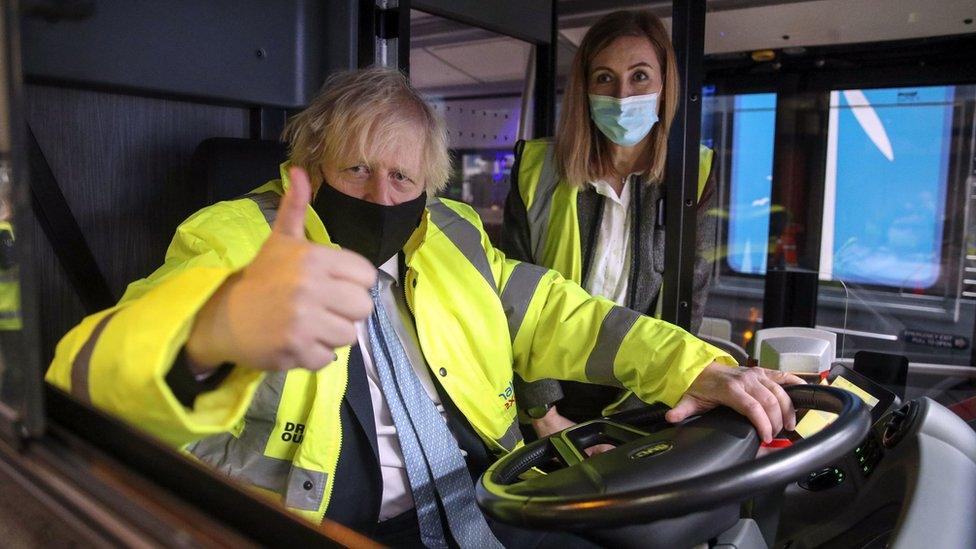Bus travel: 'Losing your village service is devastating'
- Published
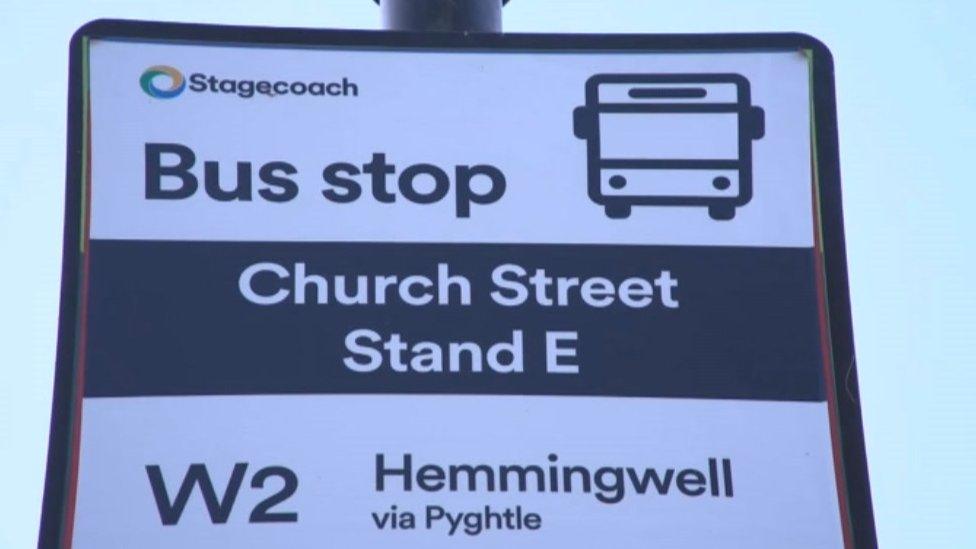
North Northamptonshire Council wants to provide more bus services in the area
The government wants more people to take buses to drive down carbon emissions and pollution, but in many parts of the country bus use has declined, partly down to the pandemic but also due to cuts in council subsidies for quieter routes. In North Northamptonshire the authority is looking to reinstate services and do more to get passenger numbers up, but will it work?

'Hope and pray for something'
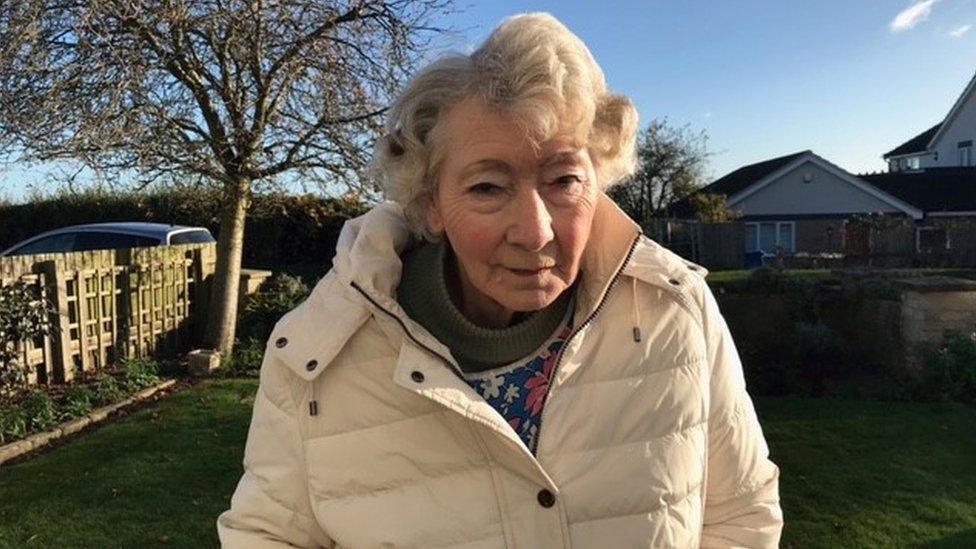
Pytchley resident Patricia Hobson says the village has had a service since the 1960s
Patricia Hobson lives in Pytchley, near Kettering, which lost its bus service in 2018.
She says: "It's devastating when you've had a service all your life, to suddenly to be without it. I can't describe it - it's horrible.
"We had a lovely service."
Ms Hobson, who has lived in the village all her life, says after three years without a bus "eventually you get used to fact you've got to make other arrangements".
She says: "There are an awful lot of people who don't have their own transport, and especially with lockdown, they've been isolated in their homes so long
"I just hope and pray someone can come up with something for us."
She says the village does not necessarily need a "full service" and would cope with a bus three times a week to Kettering and back.
If such a service was to return, she says, people would be happier.
"People don't like being without a bus service, but there is nothing you can do - it's all down to money," she says.

'In rural areas people feel trapped'
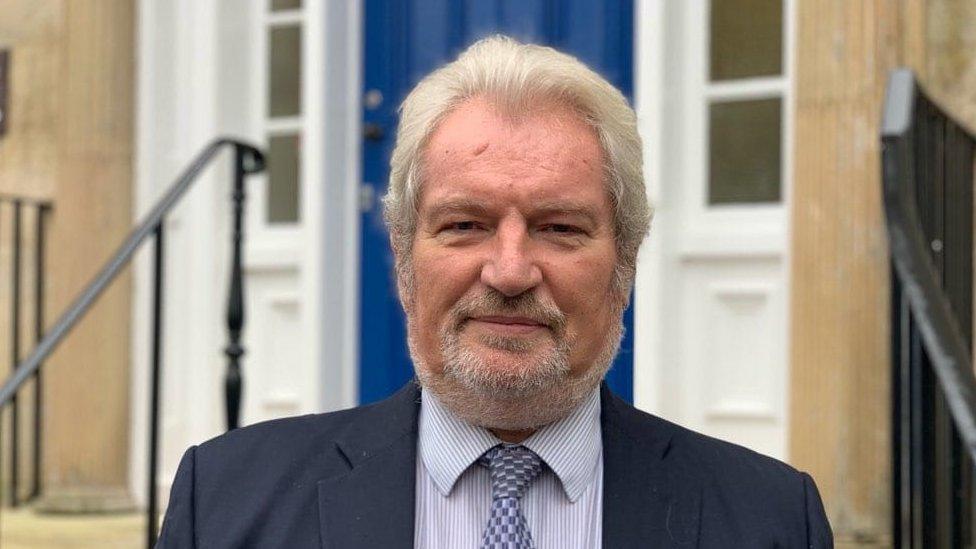
North Northamptonshire Council executive member, Graham Lawman, says the authority wants £1m over four years from the government for bus services
Graham Lawman, the councillor responsible for travel on North Northamptonshire Council, says he want buses to be "something people want to use".
He says the council is look at putting in £250,000 this year, and getting the same from the government, as part of the scheme to improve services.
The Conservative councillor says the authority is looking reinstating some of the routes cut in 2018 and to "expand to the rural areas".
"We want to look at the infrastructure, like better bus shelters, and look at [routes to] industrial estates for people who might be commuting," he says.
Mr Lawman thinks improving bus service in the area will make a "tremendous difference".
"It'll help air quality, traffic congestions, and particular for the rural areas people feel almost trapped in the homes and we need make them able to make the journeys they need," he says.
"Hopefully, by making the whole experience more attractive, we can attract those people back; we can make them more viable and keep these services long-term."

'We need buses for everything'
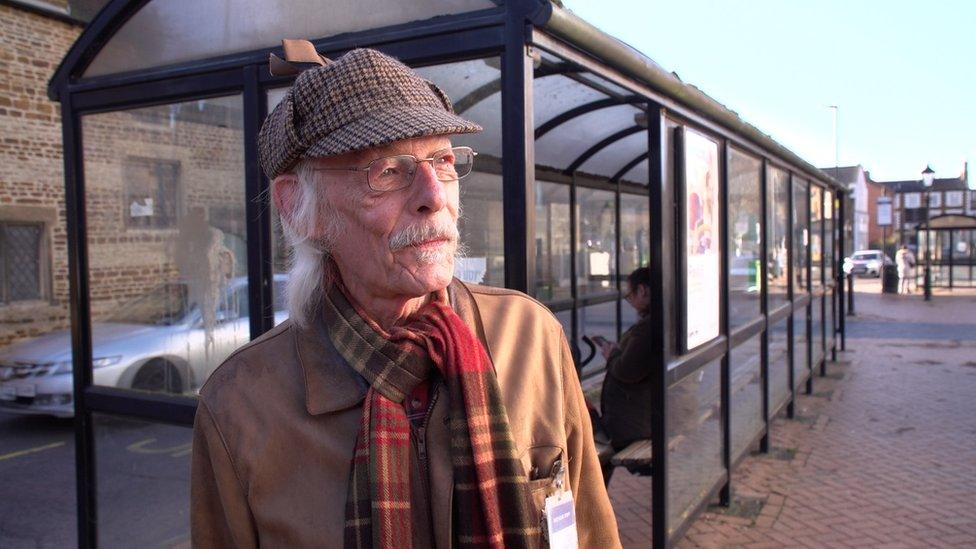
Bozeat parish councillor Michael Pollard says the village is pleased the W8 was saved
Michael Pollard from Bozeat is one of the people who use the W8 service to Wellingborough, which was saved with a North Northamptonshire Council subsidy of £14,000.
He says: "I am highly dependent on the bus. It's absolutely essential because I don't drive at all."
Mr Pollard, who is also on Bozeat Parish Council, says people in the village are "delighted" the bus service has been saved.
"It's for everything we need - shopping, hospital appointments, the dentist - everything," he adds.

'Buses need to be affordable'
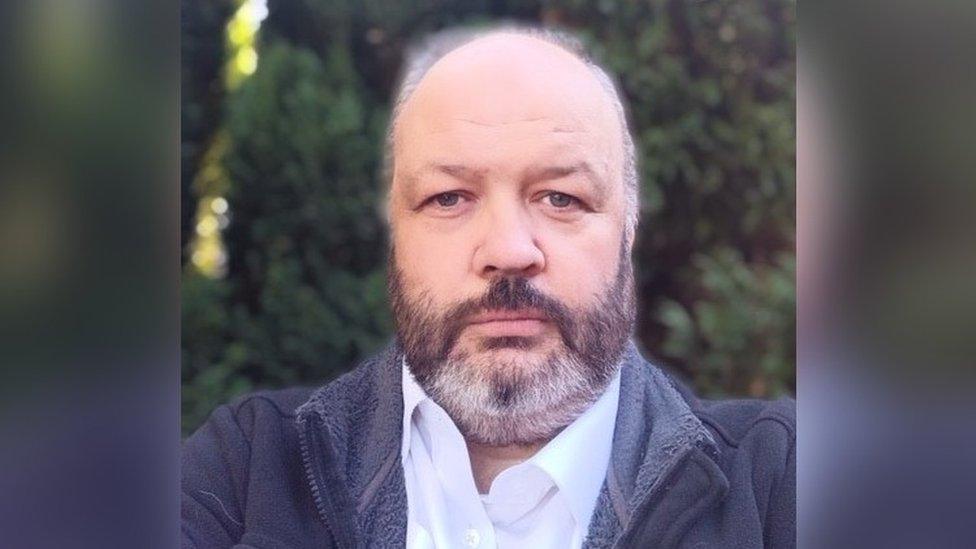
Derek Taylor. who runs a bus company, says the concessionary bus pass system needs reforming to bring down fares
"Things are getting back to normal and for once I'm quite optimistic for the future," says Derek Taylor, managing director of Britannia Bus in Northampton.
"For the first time in history we've got a prime minister who seems to have a real interest in buses," he says.
"The problem is no-one in his government has stopped to ask what the barriers are we face in this industry."
He says bus companies and government should look at supermarkets and low-cost airlines as examples of industries which benefit consumers but make a profit.
Mr Taylor says high fares, which he believes are partly caused by high fuel prices and a concessionary bus pass system, put people off using buses.
"It is costing a lot of money for people to go work and back. Buses need to go back to what they used to be - an affordable mass transport system," he adds.

'Rural services need support'

Stagecoach Midlands managing director Mark Whitelocks says new plans from local councils for bus travel will help if the government provides funding
Mark Whitelocks, manager director of Stagecoach Midlands, says although the company provides a good service in Northamptonshire "it can always be better".
He says: "There are number of communities that have an infrequent service or have had their service removed in the recent times.
"One of the things we need to work on with local authorities is how we fund and bridge those gaps."
He says "if the government can step forward" with funding services will be more reliable, quicker and more accessible.
In North Northamptonshire, he says, the answer is not necessarily bus lanes but "managing traffic flow better" through things like roadworks.
Mr Whitelocks also says subsidies are needed for some routes.
"In rural areas some services need support because there is not enough people travelling to cover the costs," he says.

Find BBC News: East of England on Facebook, external, Instagram, external and Twitter, external. If you have a story suggestion please email eastofenglandnews@bbc.co.uk, external
- Published18 November 2021
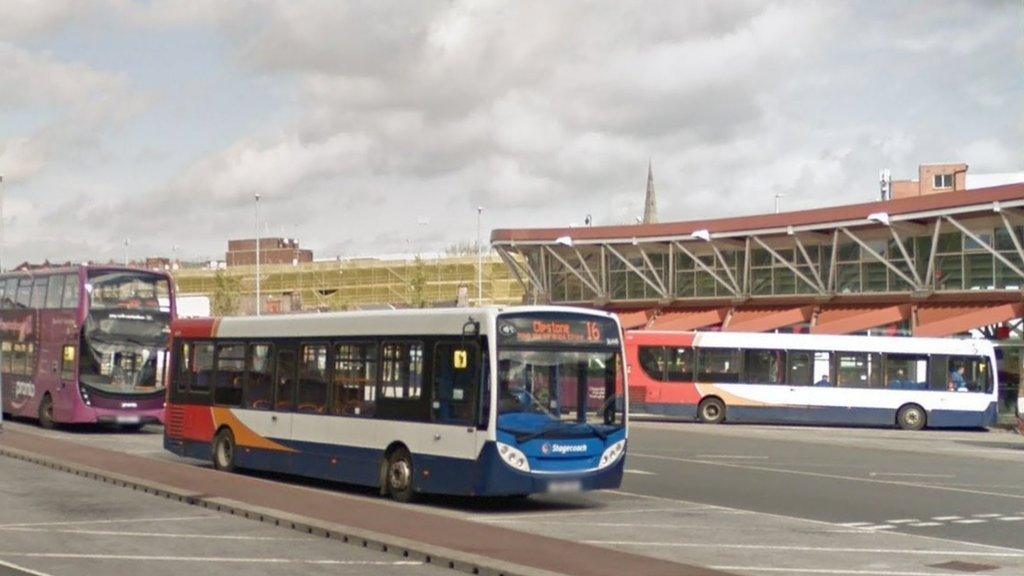
- Published1 November 2021
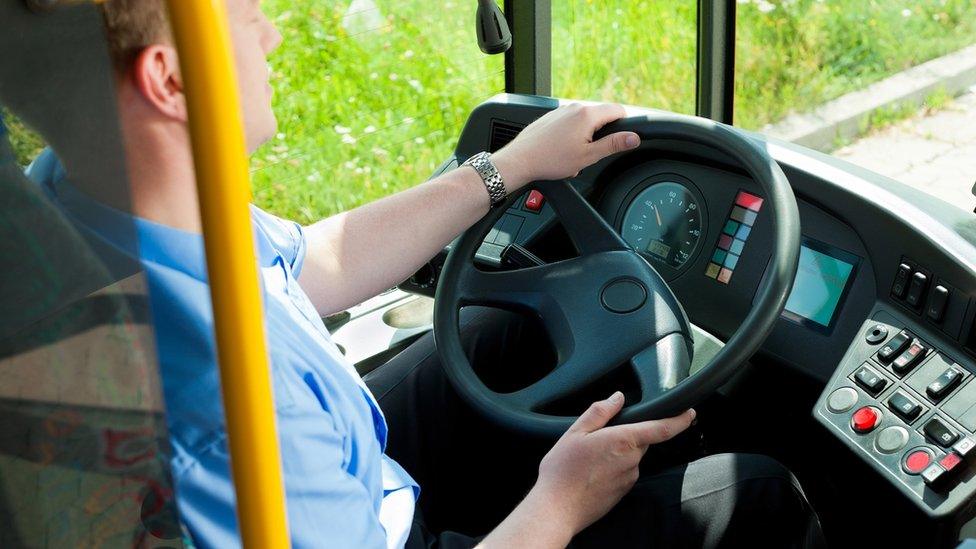
- Published15 March 2021
